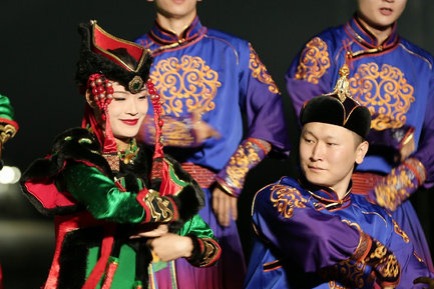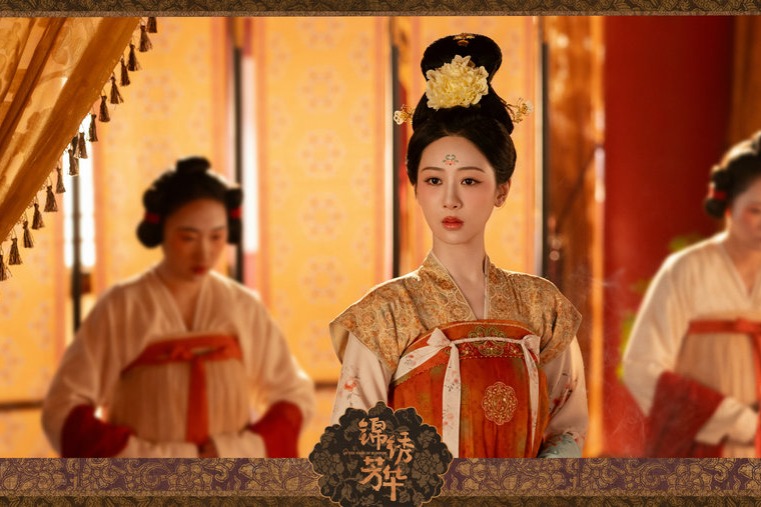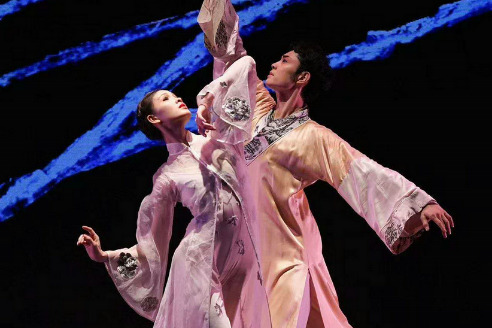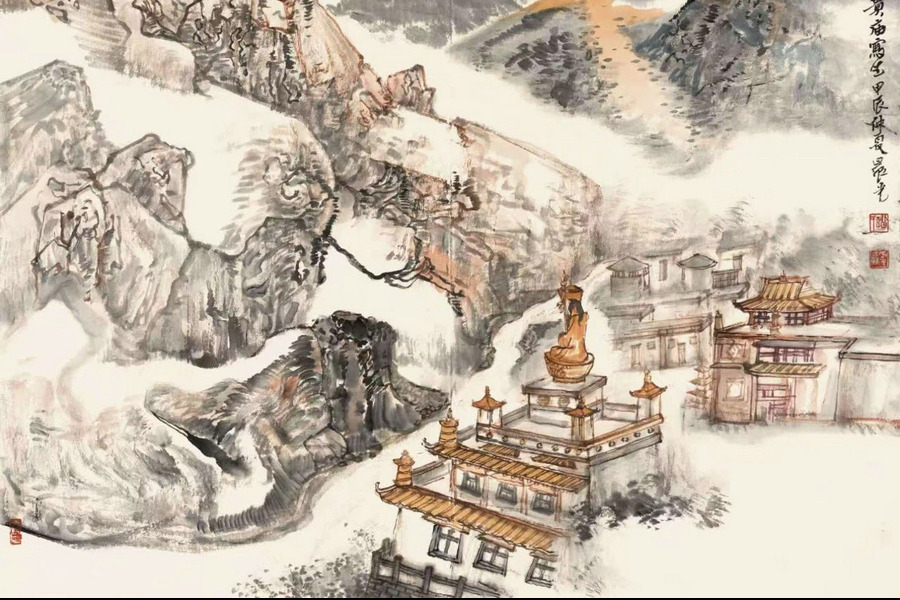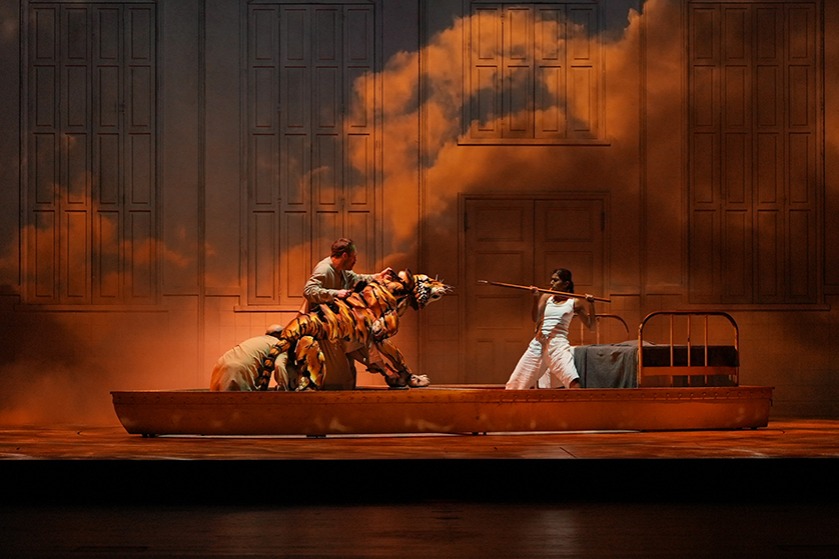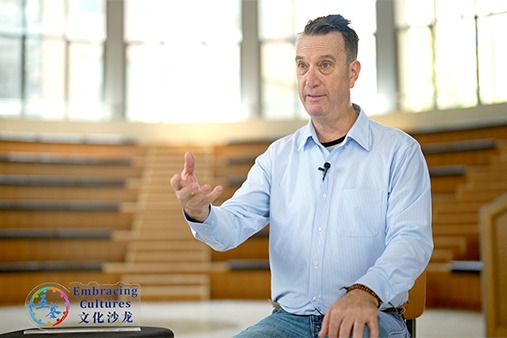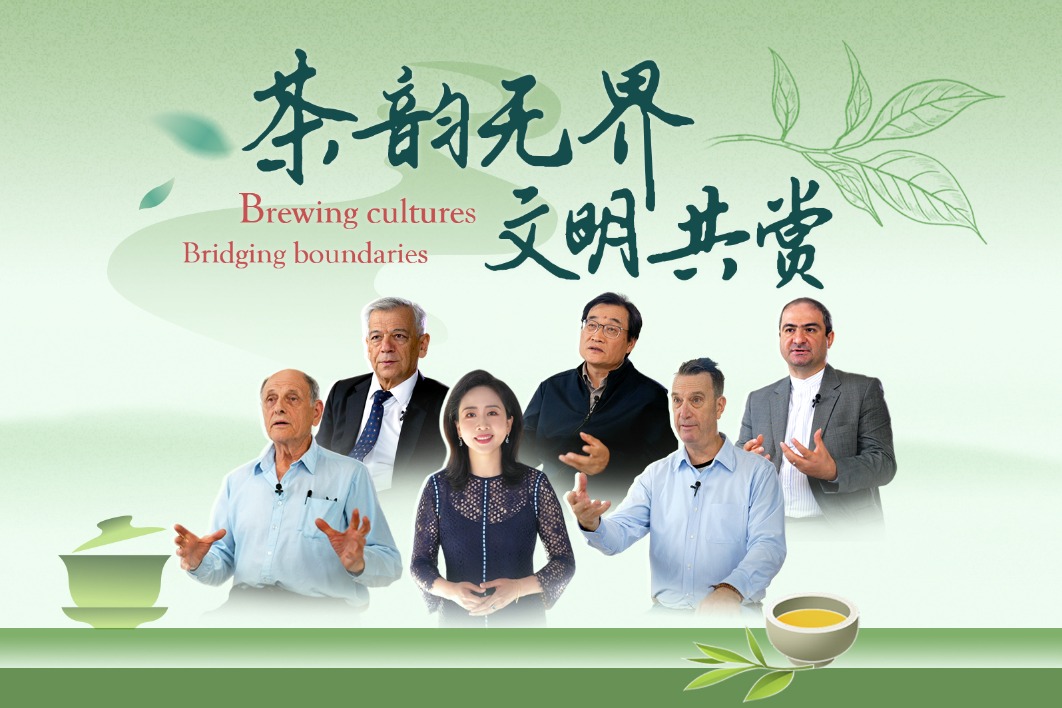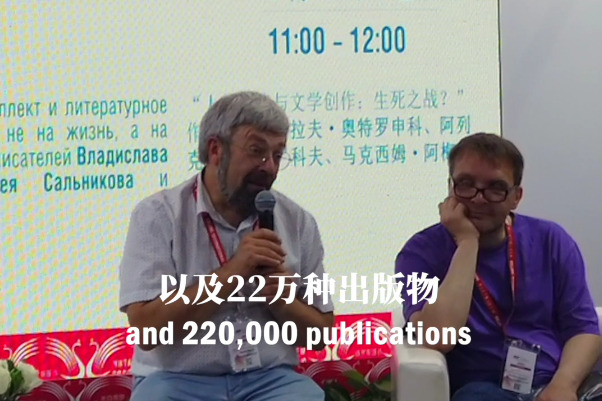Translating authors' talent into success

International best-selling author Mai Jia thanked the dozens of translators who've brought his and other globally celebrated Chinese authors' works overseas recognition at the recent Dialogues Between Mai Jia and Sinologists from 30 Countries event.
Thanks to them, his spy thriller, Decoded, has been translated into dozens of languages to worldwide critical and reader acclaim, and has inspired an internationally appreciated film.
"Chinese works face challenges in going global," Mai said at the June 20 event during the Beijing International Book Fair, China's largest annual publishing expo.
"There are so many roadblocks along the way, but eventually we reached success. It was because of all the translators that my works have gone global. We should recognize the role of translators in giving Chinese works wings."
Canadian translator Dylan King explains how Mai has contributed to changing the way international audiences view Chinese literature.
"When I come to China, I'm asked: What do Western readers think of Chinese literature?" he says.
"Before, my answer was very cynical. I would tell them in the eyes of the Western reader, Chinese literature is rural stories and national allegories."
But Mai's works leap over this pigeonhole.
"The Colonel and the Eunuch stands as a monument to global literature," King says.
"Not only is it a brilliant novel, but it gives us so many chances to start talking about Chinese writers as global writers, to start saying things like 'Mai Jia is one of the great writers of the world'. You no longer need to say he's one of the greatest writers in China."
Sophie Whitehead, commissioning editor of British publisher Head of Zeus, says she believes it's "so important" to publish his work and "open a door to the real people of China".
"I think we have lots of misconceptions in England about China," she says. "We don't have enough Chinese authors in translation in the United Kingdom market."
She also points to the potential of The Colonel and the Eunuch to transcend barriers.
"The Colonel and the Eunuch made me laugh, and its characters felt very knowable and familiar to me, despite the fact they're in a different time period and, of course, in an entirely different part of the world."
Mai recalls being shocked when his agent made an unprecedented 19 copyright deals in one day at a London book fair and at receiving commendation from such global media as The Wall Street Journal, The Financial Times and The Economist.
"There are too many things I didn't expect," Mai says. "This is how the world should be — full of these unexpected things."
Mai says knowing his books have an international fanbase places new pressure on him during the writing process.
"But I remind myself I'm writing for myself — not for anyone else," he says.
"Novels aren't fictional, but they're not false. They're based on reality. And reality is rooted in my own life."
He says this pushes him to confront literary boundaries.
"This boundary doesn't belong to me but to all humanity," he says.
"I'm not just Mai Jia, a Chinese writer. I've been working hard to remain what I am — an abstract person, a part of overall humanity."



















